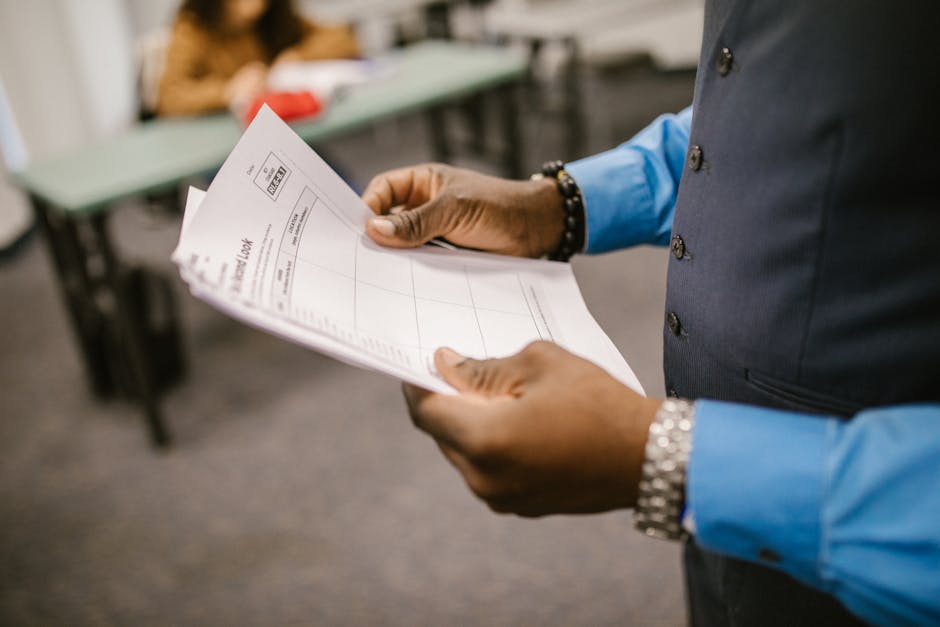
The Importance of Accurate Standards in Lie Detector Test Training
In today’s world, where trust is often questioned and truth can sometimes be elusive, lie detector tests, or polygraph tests, have emerged as a tool to determine the veracity of statements. However, the effectiveness and reliability of these tests heavily depend on the training and standards adhered to by the practitioners. This blog will delve into why accurate standards in lie detector test training are crucial for ensuring the validity and reliability of polygraph examinations.
Understanding Lie Detector Tests
Lie detector tests have been a topic of intrigue and controversy for decades. Originally developed in the early 20th century, polygraphs measure physiological responses such as blood pressure, pulse, respiration, and skin conductivity while the subject responds to questions. The assumption is that deceptive answers will produce physiological responses different from those associated with truthful responses.
The Role of Training in Polygraph Testing
The accuracy of a polygraph test significantly hinges on the examiner’s expertise. Training programs need to cover various essential components to ensure practitioners can conduct tests effectively. Comprehensive training should include:
Theoretical Knowledge: Understanding the physiological principles behind polygraphy is crucial. Trainees must learn how physiological changes correlate with psychological states.
Practical Skills: Mastery in operating the polygraph equipment and interpreting the results is essential. Trainees should undergo extensive hands-on practice under the supervision of experienced examiners.
Ethical Standards: Practitioners need to adhere to strict ethical guidelines to protect the rights of the subjects and maintain the integrity of the test.
The Significance of Accurate Standards
Adhering to accurate standards in lie detector test training is vital for several reasons:
Consistency in Results
Standardized training ensures that all examiners follow the same protocols, which leads to consistent results across different tests. This consistency is crucial for the credibility of polygraph examinations, particularly in legal settings.
Enhanced Accuracy
According to the American Polygraph Association, polygraph tests have an accuracy rate of about 85% to 95% when conducted by a well-trained examiner. Accurate standards in training improve the examiner’s ability to discern truthful from deceptive responses, thereby increasing the test’s overall reliability.
Legal and Ethical Compliance
Failing to adhere to accurate standards can result in legal challenges and ethical issues. Proper training ensures examiners are aware of the legal implications and ethical responsibilities involved in conducting polygraph tests.
Challenges in Maintaining Accurate Standards
Despite the importance of accurate standards, several challenges exist:
Variability in Training Programs
Not all training programs offer the same quality or depth of education. It is crucial for potential examiners to seek out accredited programs recognized by professional associations.
Technological Advancements
As technology evolves, so too must the training standards. Examiners need ongoing education to keep abreast of the latest advancements in polygraph technology and methodologies.
Cross-Cultural Differences
Physiological responses can vary across different cultures, making it challenging to establish universal standards. Training programs should incorporate cultural sensitivity and awareness.
Best Practices for Polygraph Test Training
To ensure high standards in training, institutions and trainees should consider the following best practices:
Select Accredited Programs
Choose programs accredited by recognized professional bodies, such as the American Polygraph Association or the British Polygraph Society. Accreditation ensures the program meets established educational and ethical standards.
Continuous Professional Development
Examiners should engage in ongoing training and professional development to stay updated on the latest research, techniques, and technologies in polygraphy.
Emphasize Ethical Training
Programs should stress the importance of ethics in polygraph testing. This includes understanding the rights of the subjects and the implications of test results.
Conclusion
In conclusion, the importance of accurate standards in lie detector test training cannot be overstated. Such standards ensure the reliability, accuracy, and ethical integrity of polygraph examinations. As the field of polygraphy continues to evolve, maintaining rigorous training standards is essential for examiners to effectively and ethically discern truth from deception. By adhering to these standards, the credibility and efficacy of lie detector tests are safeguarded, providing a valuable tool for truth verification in various sectors.
For practitioners and institutions alike, commitment to high training standards is not just a professional obligation but a pathway to enhancing the trust and reliability of lie detector tests in society.
